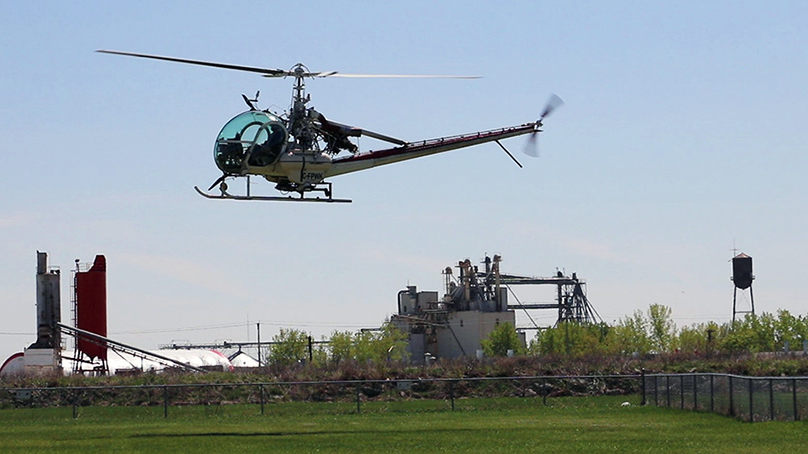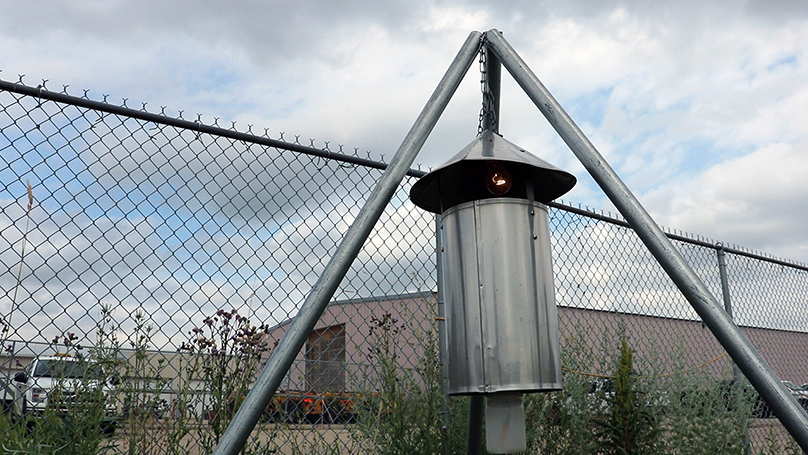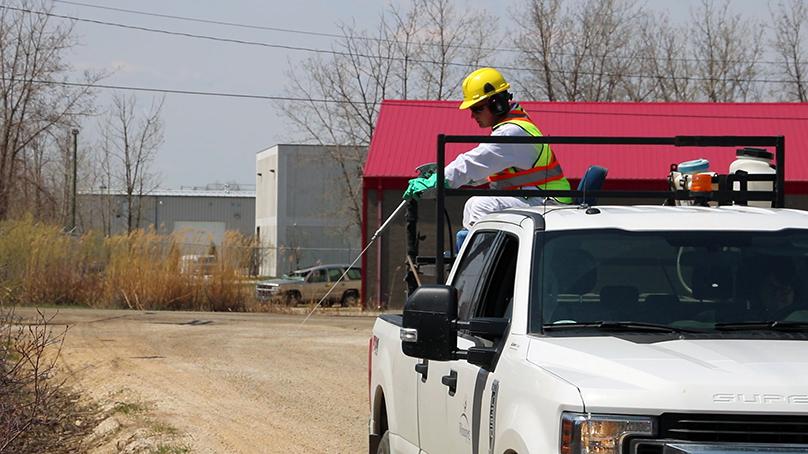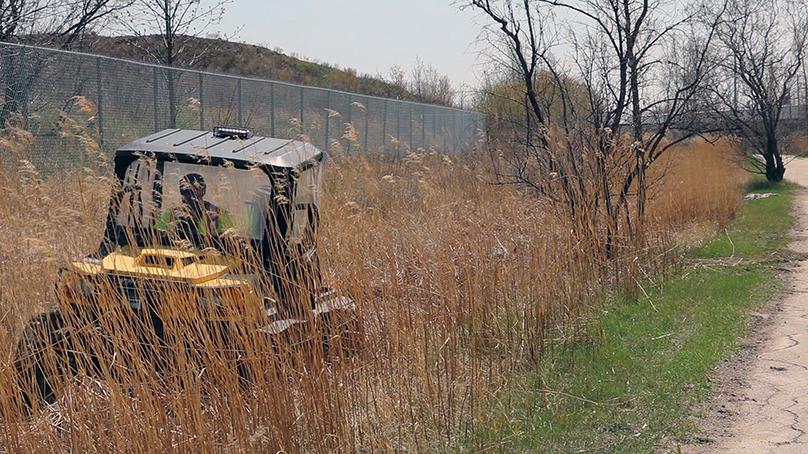
Below average winter precipitation and a slow spring melt has resulted in favourable conditions to start the mosquito control season. The mosquito larviciding program is underway, targeting the spring mosquitoes that have begun to hatch in standing water in ditches and low-lying areas.
“Our environmentally-friendly larviciding program has launched and is the most effective way to stop mosquito larvae from emerging into the pesky insects we’re familiar with,” said David Wade, the City’s Superintendent of the Insect Control Branch.
“We are aggressively targeting them by going out on foot, in vehicles, and from the air by helicopters.”
Based on weather conditions, Wade said the program involves monitoring and treating more than 28,000 hectares of standing water in and just outside of Winnipeg on an ongoing basis.
“Following a major rainfall, we have a seven to 10-day window in cooler weather and four to seven days in hotter weather to treat standing water before mosquito larvae become adults so it’s important we work as efficiently as possible,” he said.
“We need residents to also check their properties and dump any standing water they can.”
You should also clean your eavestroughs regularly to make sure they drain properly, cover any rain barrels, and fill low lying areas to prevent water pooling. If you do have standing water, you can consider treating it with biological larvicide.
Wade said cooler temperatures, low wind conditions, and no further significant rainfall are beneficial during our larviciding program. A drier summer means fewer mosquitoes.
“We can see around 40 different species of mosquitoes in Winnipeg and each female can lay several hundred eggs at a time so it really is important to eliminate as much standing water as possible,” he said.
You can also help us out by reporting standing water using our online form.

We keep track of the mosquito population using more than 35 New Jersey Light Traps. We post the trap counts on at least three days a week so you can check to see how many mosquitoes are found in your neighbourhood. Historical data is also available on our Open Data site.
We will only adulticide, or fog, for mosquitoes using DeltaGard 20EW when the requirements of our Adult Mosquito Control Policy, the Adulticiding Factor Analysis Guidelines, and the Provincial Pesticide Use Permit are met. We will post the schedule information on our website 24 hours in advance of the adult mosquito control program starting.


